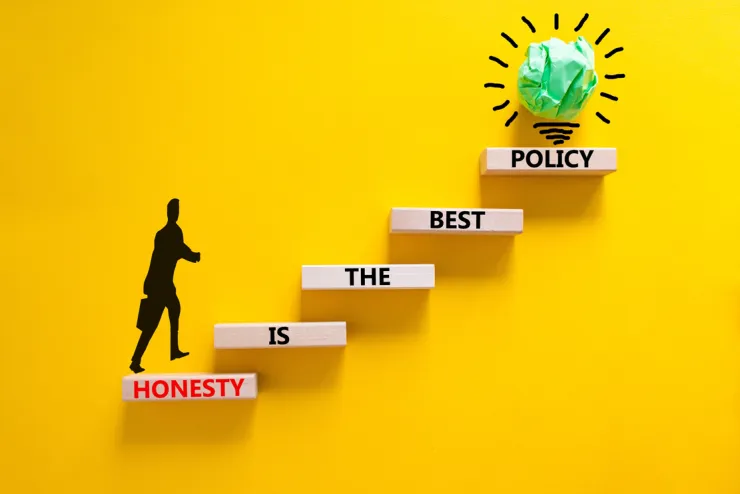In today’s fast-paced world, the pressure to appear knowledgeable can often lead to dishonesty not just with others but with ourselves. However, admitting what we don’t know and adopting a learner’s mindset can open doors to personal and intellectual growth. Let’s explore why embracing honesty for personal growth, humility, and the willingness to listen are essential for attaining wisdom.
1. Honesty with Yourself: A Key to Growth

The journey of learning begins with being truthful to yourself. When you pretend to know something you don’t, you block your ability to learn. Dishonesty creates stress, anxiety, and a lack of self-respect, ultimately affecting how others perceive you.
On the other hand, admitting ignorance allows you to:
- Stay open to learning.
- Relieve the mental pressure of pretending.
- Gain respect from others for your honesty and humility.
2. Why Admitting “I Don’t Know” is Powerful
Acknowledging your lack of knowledge invites others to teach you. When you say, “I don’t know,” you create opportunities for collaboration, connection, and growth. People are more inclined to share insights when they see genuine curiosity.
3. The Wisdom of Listening

Even when you know something, listening to others’ perspectives can provide new insights. Everyone has a unique way of looking at the world, and embracing these perspectives can expand your understanding.
To cultivate wisdom, consider these habits:
- Listen actively: Focus on understanding rather than responding.
- Avoid assumptions: Every interaction is an opportunity to learn something new.
- Stay humble: Knowledge is infinite; there’s always more to learn.
4. The Universe as a Teacher
The world is full of lessons if we are willing to listen. You can tap into the collective wisdom around you by keeping an open mind and paying attention to what others share. Observing, listening, and learning from others’ experiences enriches your understanding of life.
5. The Mental Freedom of Honesty

Lying about knowing everything creates mental tension and stiffness. Your mind becomes closed off, leaving little room for growth. In contrast, admitting ignorance brings clarity and mental freedom.
Notice the difference:
- When you lie, your mind feels restricted, stressed, and defensive.
- When you admit you don’t know, your mind relaxes, becoming receptive to new knowledge.
6. Treat Everyone Equally to Gain Respect
Respecting others and treating them equally builds trust and encourages the free exchange of ideas. When you value others’ perspectives, they are more likely to value yours. Mutual respect fosters an environment where learning thrives.
7. Practical Steps to Cultivate a Learner’s Mindset
- Be honest: Accept when you don’t know something.
- Ask questions: Curiosity drives understanding.
- Listen carefully: Gain new perspectives from others.
- Reflect: Internalize what you learn and apply it in life.
Conclusion
Admitting what you don’t know is not a sign of weakness; it’s a strength that paves the way for wisdom. By embracing honesty for personal growth, cultivating a listening mindset, and staying open to the lessons around you, you can grow both personally and intellectually. The universe is ready to teach you; all you need to do is open your ears and listen.
Start today: Be honest, stay curious, and watch yourself grow.

